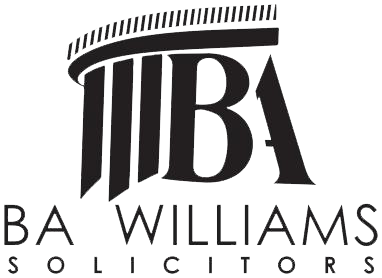The High Court heard an appeal against a court order that dismissed a claim against the appellant’s mother and half-brother.
Background:
David Jones, the appellant, claimed that he was entitled to the entire beneficial interest in Trigfan, the property which was purchased for £160,000. The mother paid a £51,000 deposit, part of which also covered the cost of renovations. The balance of the purchase price was secured by way of an interest-only mortgage.
His half-brother, Neil Jameson, worked on the property in his spare time, renovating it to be sold at a profit. In 2008, with the renovations completed, Trigfan was put on the market at an asking price of £310,000. However, the only offers received were regarded as far too low.
Neil lost his employment, and their mother had difficulty making the mortgage payments, so she moved into Trigfan to reduce her outgoings.
In 2010, the appellant repaid a loan that Ms. Owens had made to the first respondent. In 2011, the appellant and his family moved into Trigfan and made monthly payments to his mother. He carried out further work on the property with material purchased by the appellant's construction company. He claimed that the works were in the region of £120,000.
In 2019, a dispute as to the ownership of Trigfan arose. The appellant received a mortgage offer in 2019, but the respondents refused to sign the transfer documents. Court proceedings were initiated, and the Judge dismissed Mr. Jones’s claims, and he appealed.
Decision:
The High Court dismissed the appeal. The Court delves into the legal principles of "failure of basis" and "free acceptance" as potential grounds for unjust enrichment. The failure of basis is a recognised unjust factor in such unjust enrichment claims, which occurs when the reason or state of affairs for a payment or benefit fails to materialise or sustain itself. As the Judge noted, “identifying the basis is a matter for objective interpretation.”
Free acceptance arises where a defendant benefits from services they should have known the claimant expected payment for, and they had a reasonable opportunity to reject such services, but did not do so. However, its justification as an unjust factor isn't always clearly articulated in case law. The Court noted that “it is manifest that free acceptance remains a discrete way in which the principle of unjust enrichment can operate.” The Judge's findings indicated the appellant carried out the works for his family's benefit while living at the property and did not expect payment.
The Court noted that the appellant's unjust enrichment claim regarding the works on Trigfan was not based on a factual scenario distinct from the failed claim of an agreement to acquire the beneficial interest.
Implications:
This case, while focused on its specific facts, has several implications for the law of unjust enrichment, particularly in the context of improvements to property within familial relationships. This judgement strongly emphasises that, for a claim based on "free acceptance" of services, the claimant must demonstrate that they expected to be paid for those services and that this expectation should have been reasonably known by the defendant. The lack of such evidence can be fatal to a claim, as was the case here. This serves as a reminder that simply conferring a benefit is insufficient, as the underlying intention matters.
This decision also makes the distinction between proprietary estoppel and unjust enrichment. Those can arise from similar facts but are distinct legal doctrines. Unjust enrichment focuses on the recipient's gain at the claimant's expense without a just cause, while proprietary estoppel centres on detrimental reliance on a promise or assurance regarding property rights.




